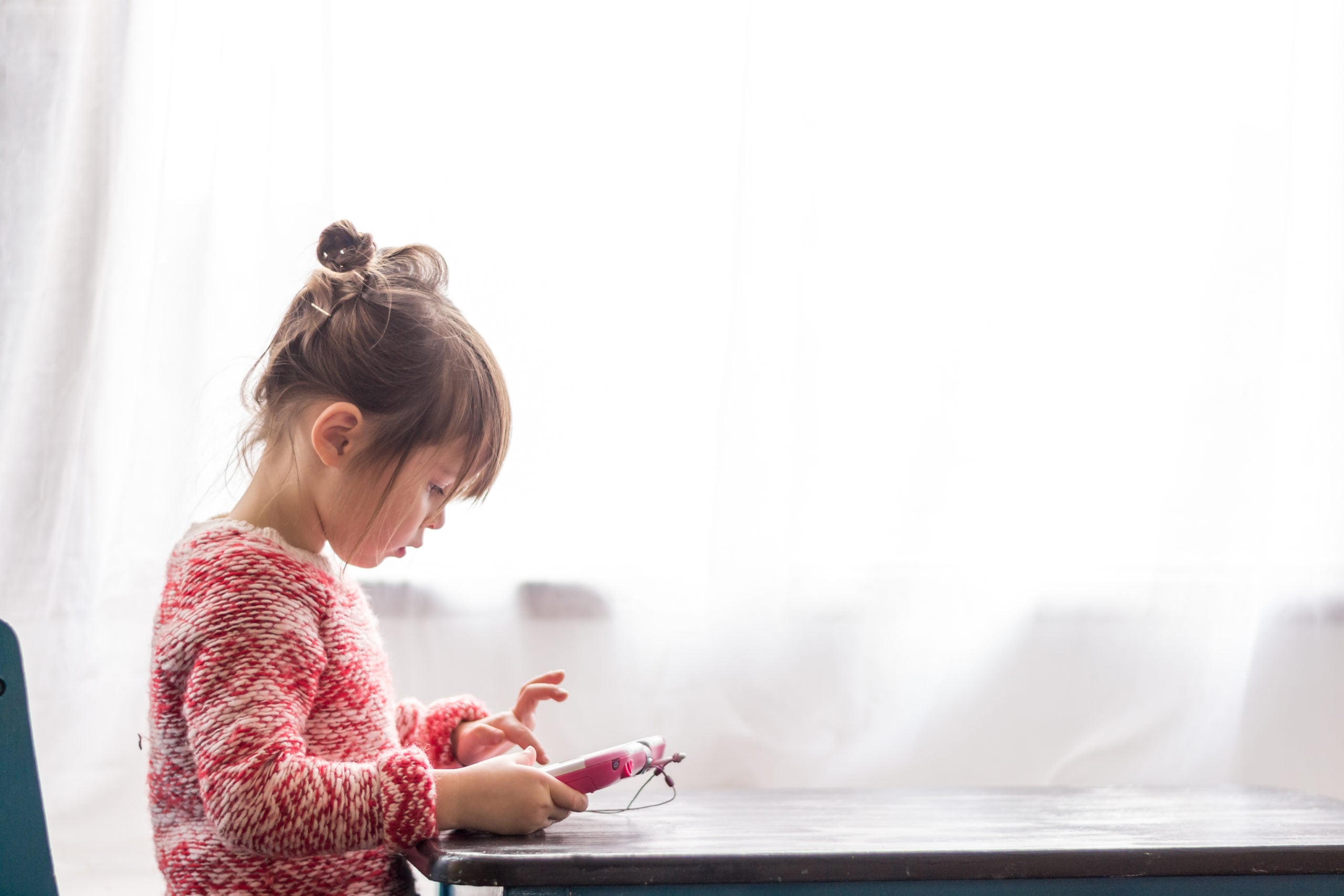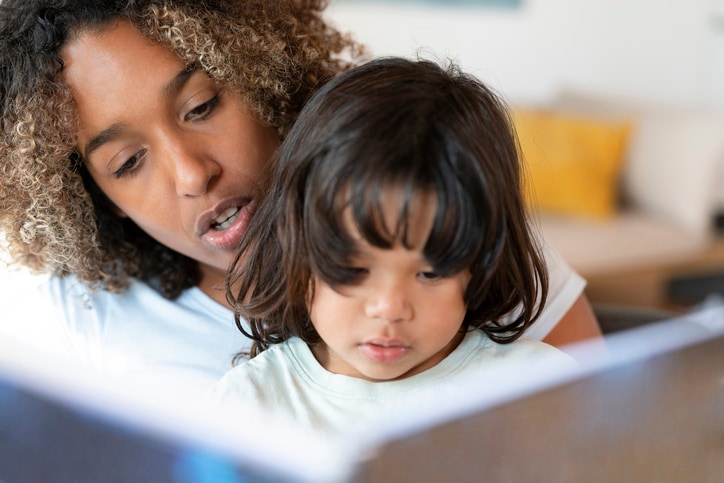In this article
After getting children back into their school groove, parents still have another to-do on their back-to-school checklist: “Attend Back-to-School Night” (aka, Parent Night, Parent Information Night, Curriculum Night, Meet-the-Teacher Night…). Regardless of the name, the purpose is the same: create a connection between the school and the home that will support student success. It’s the night where teachers can share their plans and expectations, and parents can visit their child’s classroom and ask the teacher questions about how things work on a daily basis.
With so many things to do to ensure a great school year, it can be hard to know if attending these events will make a real difference for your child. We asked a diverse group of educators, many of whom requested first-name anonymity, to give parents their best advice, do’s and don’ts for Back-to-School Night. Here’s what they had to say:
Key takeaways
- Back-to-School Night helps parents connect with teachers and understand classroom expectations.
- Showing up with an open mind and focusing on collaboration sets a positive tone.
- Ongoing communication and support strengthen the home-school partnership for student success.
What is Back-to-School Night?
Different from parent-teacher conferences, which are about your child specifically, Back-to-School Night is a general meet-and-greet. Here’s what happens at Back-to-School Night:
- Meeting the teaching.
- Checking out the classroom (or classrooms, if they’re in middle or high school).
- Learning about the day-to-day operations of the classroom.
Is Back-to-School night important?
Scheduling conflicts and competing priorities may make it difficult for parents to put a Back-to-School Night at the top of the “must-do” list, but these meetings are important for building a rapport with your child’s teacher and for understanding what’s going on in the classroom.
Best Back-to-School Night advice for parents, according to Renee, a fifth grade teacher from Chicago? Show up. “This may sound basic,” she says, “but in many instances in large public school districts (specifically some of the lower income communities where students are served), this is the dilemma we’ve experienced.” Parents and teachers have to work together to achieve goals and overcome barriers in learning, Renee adds and then asks, “Can you imagine being a teacher and never meeting a student’s parent or guardian the entire school year?”
How to approach your child’s Back-to-School Night
Kasey, a middle school teacher from Savannah, Georgia, says when parents do show up, how they show up is also important. “Approaching the parent night (or any time) with a focus on collaboration with the teacher goes a long way.”
“Approaching the parent night (or any time) with a focus on collaboration with the teacher goes a long way.”
— Kasey, middle school teacher
Another great use of Back-to-School Night? Kasey says it’s a great time to check in to see if the teacher needs extra supplies for students who don’t have their own, or to ask about fundraisers to show support for teachers. “If you can’t donate anything, just partnering with the teacher and striving to be kind in all interactions is a wonderful way to show the teacher that you appreciate them.”
Helen, a third grade teacher in Miami, agrees on this active show of support, suggesting parents bring items from the teacher’s classroom wish list to Back-to-School Night.
Before Back-to-School Night
Do
Listen to your child
Before the parent night, listen to your child’s opinion and experience of the classroom. Eduardo, a high school teacher in Naperville, Illinois, says Back-to-School Night gives parents an opportunity to “get a feel for who the teacher is, what the class is about and to confirm or dispel any judgements their child/student has made early in the school year.”
Show up with an open mind
“I think the parent who makes the most of parent night/open house/Back-to-School Night is the one who goes there with an open mind,” says Eduardo. Arriving with an open mind will allow parents to form their own opinions, based on their personal interaction and experience, instead of relying only on the perspectives of their child, former students or other parents.
“The parent who makes the most of parent night/open house/Back-to-School Night is the one who goes there with an open mind.”
— Eduardo, high school teacher
Prepare ahead
Read any material your child has brought home in the first weeks of school, including the teacher’s classroom wish list if they have one. Mercedes Medina, a law professor at Miami-Dade College says, “review past report cards, assignments and syllabus (if applicable) before the meeting.” This may also include progress reports and graded homework, quizzes, tests or papers.
Don’t
- Show up late and disrupt the meeting.
- Try to conference about your child with the teacher before the meeting.
- Discuss the teacher with other parents outside the classroom.
During Back-to-School Night
Do
Introduce yourself to your child’s teacher
Introducing yourself to the teacher allows a moment for a one-on-one connection and makes it easier for the teacher to connect your face with your child. This is especially important if the parent’s last name differs from their child.
Take notes and ask questions
During the meeting, write down dates and important information provided. Ask general questions and/or ask for clarification and write down questions you would like to ask in private, especially as they pertain to your individual child.
Learn the best way to contact your child’s teacher
Dr. Rebecca Christ, a former Missouri high school teacher, says parents should ask their child’s teacher the best form of communication (e.g., by email, by letter, by phone, etc.) and during which time period (e.g., their planning period, before school, after school, etc.) is best for them. “This doesn’t mean that you can’t reach out at a different time or in a different format if needed,” says Christ, “but you’ll be less likely to catch the teacher off guard, and they may be more prepared to communicate.”
Focus on the positive
Be a part of creating a positive environment. “Take time to publicly give kind praise for things you are happy with,” says Elisbela, a teacher/administrator from Miami. Try taking into consideration all the work the teacher has done to prepare for the night and for the school year ahead.
“Take time to publicly give kind praise for things you are happy with.”
— Elisbela, teacher/administrator
Sign up for a private conference to share specifics
“If a parent desires to know specifics about their own child or wants to share some personal important things the teacher may need to know about home dynamics, medical history, etc.” says Renee, “email to schedule a time to speak or meet with your child’s teacher on another day.”
Don’t
- Ask questions or raise concerns that only pertain to your child.
- Skip questions meant for the teacher (and try to get answers from other parents later). This is the time to get answers from the source.
- Bring up school issues that are out of the teacher’s control — address those directly with administration.
- Chat with other parents or text while the teacher is talking.
“If a parent desires to know specifics about their own child or wants to share some personal important things the teacher may need to know … email to schedule a time to speak or meet with your child’s teacher on another day.”
— Renee, 5th grade teacher
After Back-to-School Night
Do
Reflect with questions
After Back-to-School night, Eduardo says, parents should ask themselves questions that can help them determine the best next steps. These questions may include:
- “Is this class as hard/easy as my child thinks it is?”
- “Does the teacher’s first impression confirm what my child thinks about them?”
- “Can my student get to their classes on time even though they tell me differently?”
- “Do I need to meet with this teacher?
- “What questions do I need to ask them during our scheduled parent-teacher conference?”
- “What things do I need to let this teacher know about my student that will help them succeed in the classroom when or if we have a parent-teacher conference?”
Discuss meeting with your child
If your child is old enough, share what you learned at the parent information night and how you plan to support them, their school and their teacher.
Email the teacher
Send a follow-up email to reflect on the meeting, ask your quick questions or address concerns.
How do you approach a teacher in an email? Start with introducing yourself, your child and adding a sincere compliment. You also want to avoid a lengthy email when your thoughts or concerns will be better said and understood face-to-face with the teacher.
Make a plan
Medina recommends parents create an age-appropriate plan for their kids after parent night. “Create a SMART (specific, measurable, achievable, relevant and time-bound) plan to work with your child(ren) to help them improve their work, taking in consideration academic challenges and participation in activities.”
She adds that parents should share the plan with their child’s teachers and be open and willing to adjust the plan with teacher feedback.
Stay connected
- Connect with parents: Helen recommends joining a class chat to stay in contact with other parents. Class chats are app-based group chat tools created by many teachers or parents to relay information and organize parents around activities that support the teacher, students and/or classroom.
- Communicate changes in your child’s life: Jackie, a Pre-K teacher from Charlotte, North Carolina, says she wants parents to share changes that are happening at home so she can support them in the classroom.
- Give year-round support: Reach out throughout the school year to show your support, adds Jackie. “Ask teachers if they need anything else that’s not on their wishlist … some teachers have to splurge using their own money and want to do right by their kiddos.”
Don’t
- Stay late to privately conference with the teacher about your child — always set up a separate conference time with the teacher during an agreed-upon time.
- Reach out to the principal about complaints before speaking privately with the teacher.
- Gossip about the teacher with other parents.
- Forget to leave a note of encouragement for your child at their classroom workspace.
Each year, every student, parent, and teacher arrives with a secret wish that this new school year will be better than the last. When students, parents and teachers and administrators work together, they can help make this wish come true.





